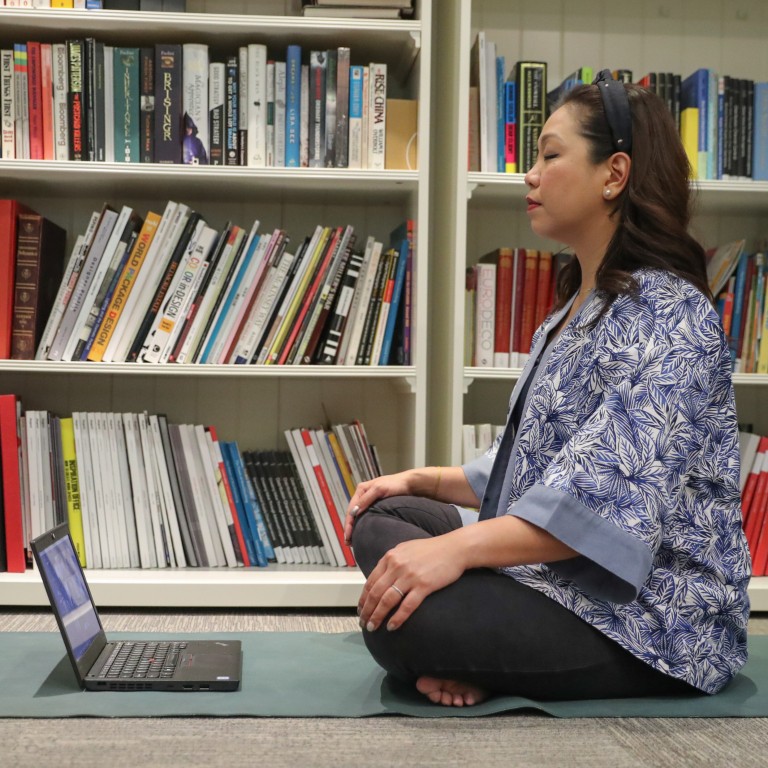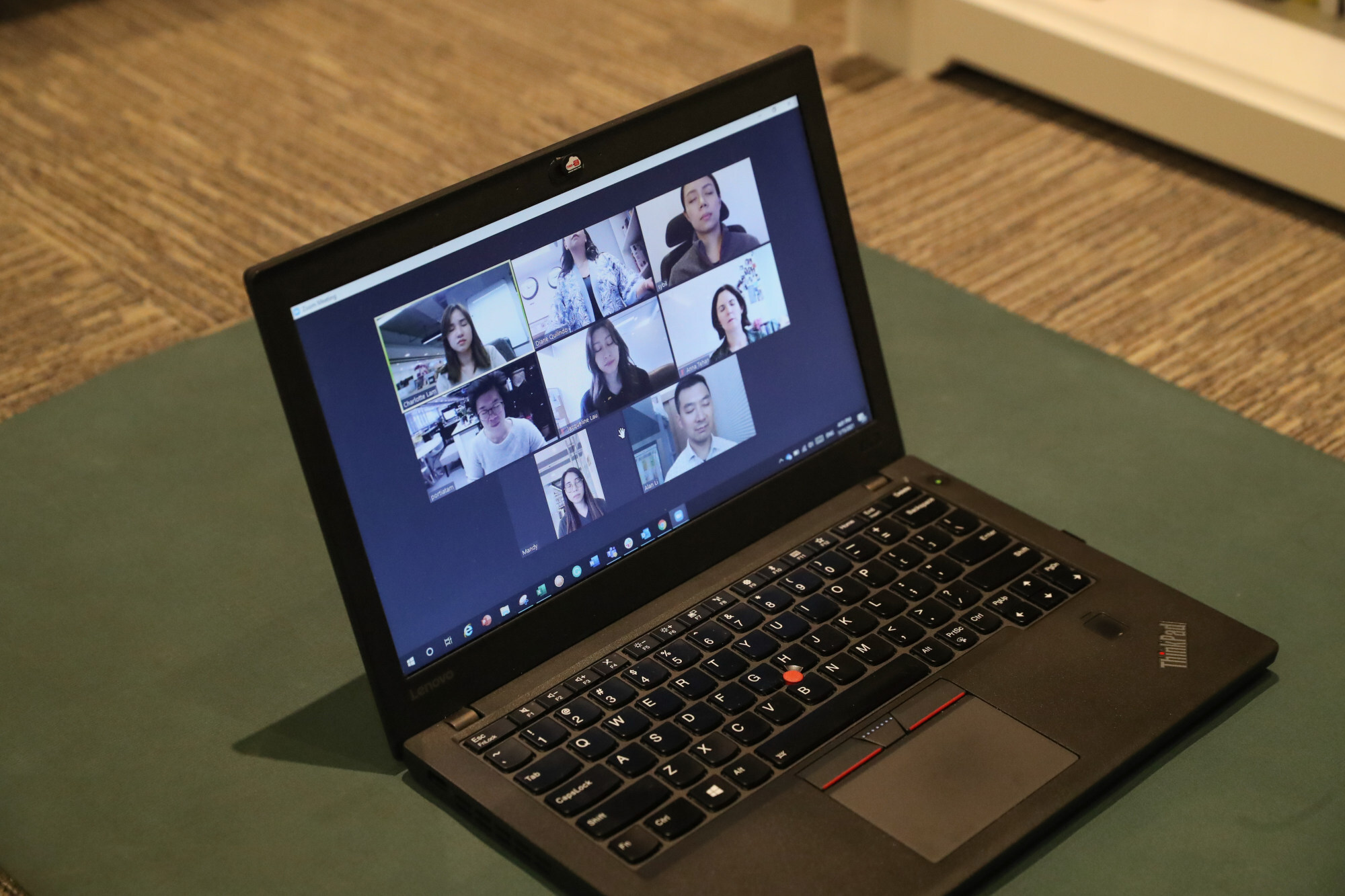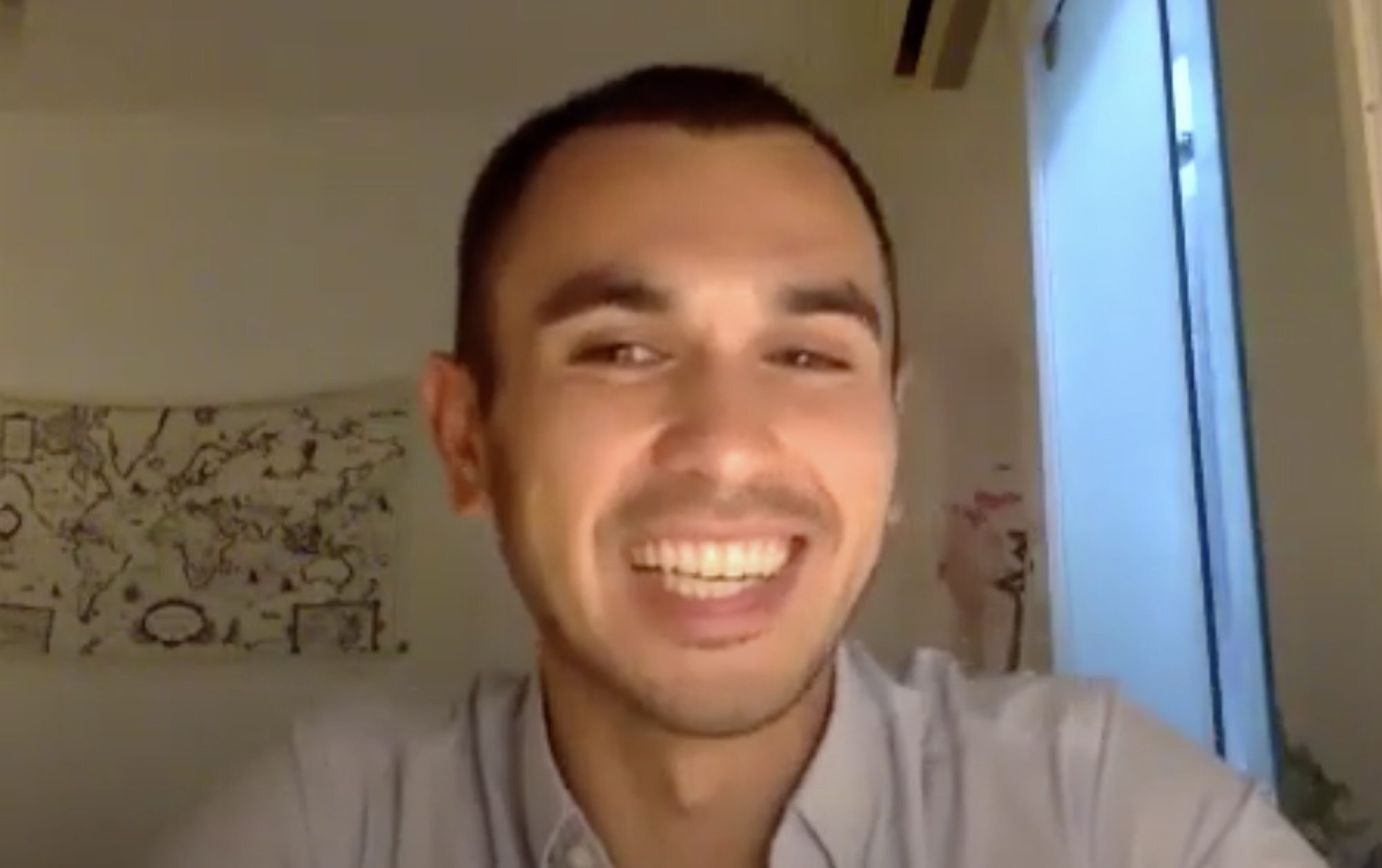
How practising mindfulness at work reduces your stress and increases your focus
- Mindfulness can be applied in the workplace – not just at yoga retreats – to reduce stress and improve well-being, says a life coach
- Scientific studies have shown the power of mindfulness, and a Hong Kong company’s chief happiness officer says it makes staff more productive
Workplaces in the West were touting the benefits of mindfulness long before it started catching on in Asia. The awareness that comes from the practice helps increase self-understanding and wisdom, and many studies indicate it reduces stress, increases focus and improves well-being.
Life coach, yogi and meditator Mohammed Sam Peñafuerte Shoushi experienced this when he joined Google in Singapore and took part in its employee mindfulness programme in 2014.
“I realised it’s not something to just do at retreats, it can be applied moment-to-moment,” says Shoushi, a Filipino-Jordanian in Hong Kong raising awareness of mindfulness as head of development for Greater China at Potential Project, a global research, leadership development and consulting firm.
“That was the opposite state that I was in. I wanted to experience what that was,” he recalls. That’s when he decided to take up yoga – and he became hooked.
At Google, Shoushi started to apply the practice of mindfulness to his work to stay focused and to better manage his time. Mindfulness made him more aware of potential distractions and how to manage them, such as taking breaks from his digital devices.
Better focus resulted in him being a better listener, too. “It opened up more kindness [from others] in the workplace. Presence is the greatest gift,” he said.
Shoushi began teaching mindfulness to his colleagues after moving to Hong Kong. His passion became a full-time vocation in 2018, when he joined Potential Project to introduce mindfulness approaches to workplaces.
Mindfulness brings conscious attention to what we’re doing as we’re doing it, to help us learn what is driving our behaviour. We can then decide whether that behaviour is bringing us closer to our goal.
What’s the key to better sleep and less stress? It’s how you breathe
If it isn’t, we can adjust our behaviour. Continued practice improves our ability to remain clear-headed and effective, even during difficult situations.
The demand for mindfulness training is rising partly thanks to evidence that shows it works, such as research from Jon Kabat-Zinn, who pioneered a two-month mindfulness-based course at the University of Massachusetts Medical School in the US to help patients rein in stress and manage chronic pain.
Richard Davidson, a neuroscientist and professor of psychology and psychiatry in the US, has published hundreds of scientific papers on the topic and is co-author of Altered Traits: Science Reveals How Meditation Changes Your Mind, Brain and Body.
Shoushi notes you can easily incorporate mindfulness into your day, practising it as you commute to the office before navigating a difficult meeting or checking your email.
The secret to being happy? This monk has the answers
“You don’t have to be a monk [to get the benefits] – studies show 10 minutes a day of just observing your breath and your inner state for, say, six to eight weeks shows tremendous results in well-being and performance,” says Shoushi.
The corporation has more than 34,000 people working across more than 350 locations in over 40 markets worldwide. It has rolled out its mindfulness-based employee programmes in Hong Kong to its global offices.

Marina Vogt, the group’s chief happiness officer, said the programmes started more than three years ago as part of her happiness experiment “to help people focus more on tasks at hand and to be more productive”.
It tied in with the company’s structural office shift to an open-plan environment. A consequence of that was noise distractions.
She taught participants mindfulness to help them cancel out the noise, gain focus and be present.

In 2019, the company hosted 85 health and well-being events for staff globally, which included mindfulness-based activities.
Vogt says participation in the events has been high. The company continues to offer webinars to staff, making them easily accessible at whatever time best suits them.
These techniques will help you deal with stress better
Shoushi recommends being as vigilant in taking care of your mental health as you are your physical health.
This can include making those mindfulness minutes part of your routine, or adopting a formal mindfulness practice – as he does every morning.
Another is journaling, jotting your thoughts down in a notebook, which he does before bed.
“It puts me in a reflective and mindful space,” he says.

